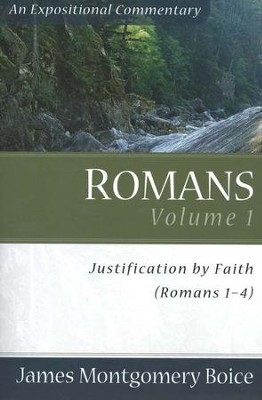We are commanded to turn from our sinful disobedience to God and instead obey him by believing in and following the Lord Jesus Christ as our Savior.
 This is the way Paul himself preached the gospel, though we frequently overlook it because of our own weak methods. Do you remember how Paul concluded his great sermon to the Athenians? “In the past God overlooked such ignorance, but now he commands all people everywhere to repent. For he has set a day when he will judge the world with justice by the man he has appointed …” (Acts 17:30–31, italics mine). In God’s name, Paul commanded the Greeks to repent of their sin and turn to Jesus.
This is the way Paul himself preached the gospel, though we frequently overlook it because of our own weak methods. Do you remember how Paul concluded his great sermon to the Athenians? “In the past God overlooked such ignorance, but now he commands all people everywhere to repent. For he has set a day when he will judge the world with justice by the man he has appointed …” (Acts 17:30–31, italics mine). In God’s name, Paul commanded the Greeks to repent of their sin and turn to Jesus.It is the same in Romans. In Romans 6:17 Paul summarizes the response of the Roman Christians to the gospel by saying, “Thanks be to God that, though you used to be slaves to sin, you wholeheartedly obeyed the form of teaching to which you were entrusted” (italics mine, here and in the subsequent citations). In Romans 10 he argues that the Jews “did not submit to God’s righteousness” (v. 3); in verse 16 he says, “But they have not all obeyed the gospel …” (KJV). At the end of the letter the idea appears again in a great benediction: “Now to him who is able to establish you by my gospel and the proclamation of Jesus Christ, according to the revelation of the mystery hidden for long ages past, but now revealed and made known through the prophetic writings by the command of the eternal God, so that all nations might believe and obey him—to the only wise God be glory forever through Jesus Christ! Amen” (Rom. 16:25–27).
In my opinion, the weakness of much of our contemporary Christianity can be traced to a deficiency at precisely this point. By failing to present the gospel as a command to be obeyed we minimize sin, trivialize discipleship, rob God of his glory, and delude some into thinking that all is well with their souls when actually they are without Christ and are perishing.
Boice, J. M. (1991–). Romans: Justification by Faith (Vol. 1, p. 56). Grand Rapids, MI: Baker Book House.
Comments